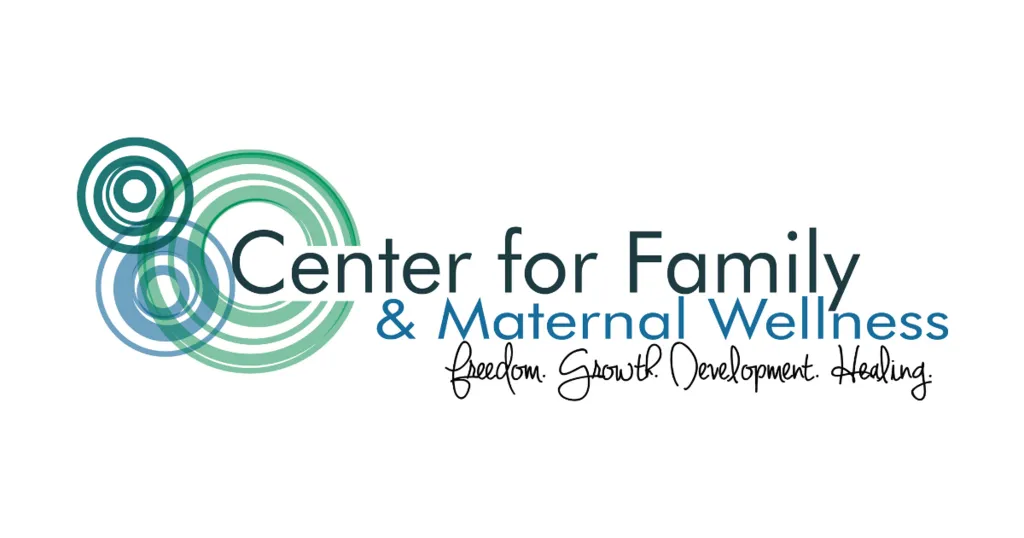Hello and Welcome! I imagine the reason why you're here is because you're curious about how to restore your connection with your partner or something like that. The good news is that you've found the right place! At the Center for Family & Maternal Wellness weutilize the Gottman Method for couples therapy. Reia Chapman is a Level 3 trained Gottman therapist and provides intensive marital therapy utilizing the treatment model and assessment tools of the Gottman Institute. The assessments used are derived from nearly 40 years of research and implementation.
Gottman Method Couples Therapy
Gottman Method Couples Therapy™
www.gottman.com
Gottman Method Couples Therapy is a structured, goal-oriented, scientifically-based therapy. Intervention strategies are based upon empirical data from Dr. Gottman’s three decades of research with more than 3,000 couples. This research shows us what actually works to help couples achieve a long-term healthy relationship. Gottman Method Couples Therapy was developed out of this research to help you and your spouse or partner:
-
Increase respect, affection, and closeness

- Break through and resolve conflict when you feel stuck
- Generate greater understanding between you and your partner
- Keep conflict discussions calm
- Maintain improvements in your relationship
The Gottman Theory For Making Relationships Work:
- Build Love Maps : How well do you know your partner’s inner psychological world, his or her history, worries, stresses, joys, and hopes?
- Share Fondness and Admiration : The antidote for contempt, this level focuses on the amount of affection and respect within a relationship. (To strengthen fondness and admiration, express appreciation and respect.)
- Turn Towards : State your needs, be aware of bids for connection and turn towards them. The small moments of everyday life are actually the building blocks of relationship.
- The Positive Perspective: The presence of a positive approach to problem-solving and the success of repair attempts.
- Manage Conflict : We say “manage” conflict rather than “resolve” conflict, because relationship conflict is natural and has functional, positive aspects. Understand that there is a critical difference in handling perpetual problems and solvable problems.
- Make Life Dreams Come True: Create an atmosphere that encourages each person to talk honestly about his or her hopes, values, convictions and aspirations.
- Create Shared Meaning : Understand important visions, narratives, myths, and metaphors about your relationship.
- Trust : this is the state that occurs when a person knows that his or her partner acts and thinks to maximize that person’s interests, and maximize that person’s benefits, not just the partner’s own interests and benefits. In other words, this means, “my partner has my back and is there for me.”
-
Commitment
: This means believing (and acting on the belief) that your relationship with this person is completely your lifelong journey, for better or for worse (meaning that if it gets worse you will both work to improve it). It implies cherishing your partner’s positive qualities and nurturing gratitude by comparing the partner favorably with real or imagined others, rather than trashing the partner by magnifying negative qualities, and nurturing resentment by comparing unfavorably with real or imagined others.
Time Commitment
If saving your marriage is a priority you will want to be seen regularly and rapidly. Intensive therapy begins with a very comprehensive assessment of the marriage using interview and online assessment. In most cases, a couple can anticipate 90 to 120 minute therapy sessions 2 to 4 times a month. Duration can vary based on couples needs, but typically one may attend 4 to 6 sessions and then check in and evaluate progress and planned course of treatment.
Cost
The cost for marital therapy is exponentially cheaper than the average cost of a divorce. Even if you did a marital assessment and did therapy twice a month for a year (that is a lot of marital therapy!) you would not exceed the average cost of a family summer vacation. So while you may feel this is an expense you cannot afford we see that marital therapy is a valuable investment that produces a return in the emotional and relational aspects of your lives. Moving toward greater peace, joy and clarity is possible and quality marriage counseling can be an essential tool in evaluating if you can create some positive movement in your relationship.
- Initial Assessment, up to 4 hours scheduled in two appointments, total price is $450*.
- Written report of assessment (optional) $100
- Subsequent Sessions, 90-120 minutes $200*
*Due to the time commitments required for these sessions, payment of one-half of the session fee is expected at the time of scheduling.
It is typical for a couple to invest $1650 for the course of assessment and 6 follow-up sessions. Generally insurance will not pay for marital therapy unless you or your spouse is diagnosed with a mental health disorder and the focus of the treatment is pertaining to the disorder. Requiring marital therapy to be billed under the constraints of one individual limits both the scheduling and intervention, as well as the accessibility of the records to one person.
Assessment
Prior to your appointment you will individually and privately complete The Sound Marital House Online Assessments. These must be completed one week prior to your appointment, giving Reia time to score and ask relevant questions during your individual interviews.
Your first two sessions comprise the Couples Assessment which may last up to 4 hours. This is divided into 2 sessions. The first session is scheduled for 3 hours and includes interviews together and individually. At the second appointment the couple will receive feedback based on the interviews and Couples Assessments. At that time, specific goals and areas of treatment are identified and the couple agrees for a time frame to continue therapy.
Treatment
Subsequent sessions are 90 to 120 minutes. we have found with sessions shorter than this couples leave frustrated and upset as there has not been time to properly open up, discuss and deescalate emotionally sensitive matters. In addition to scheduled appointments, your therapist may also give you exercises to practice between sessions.
